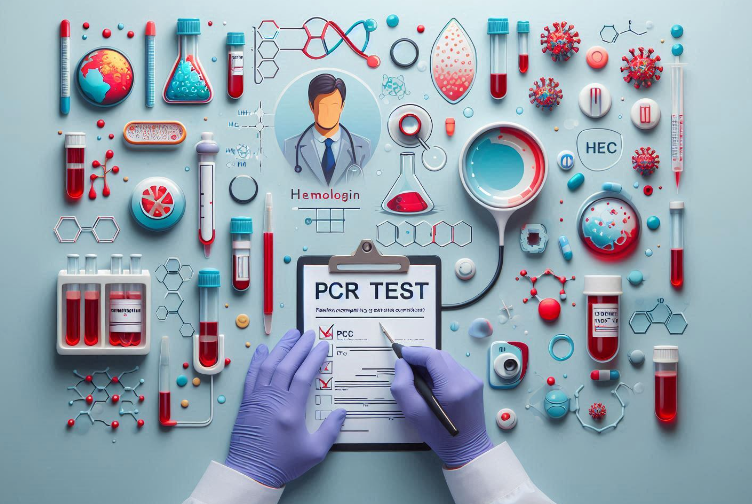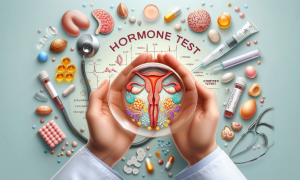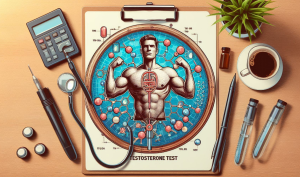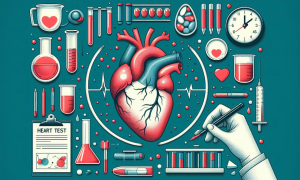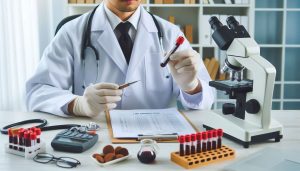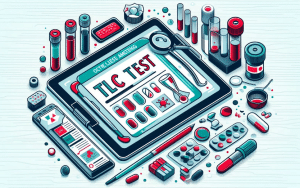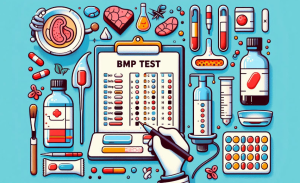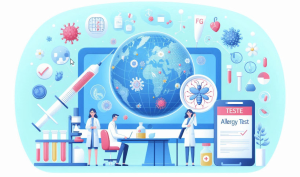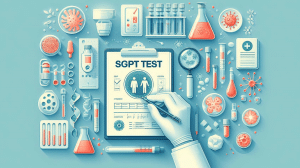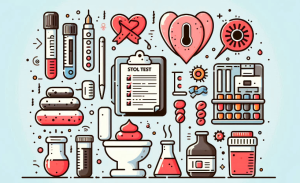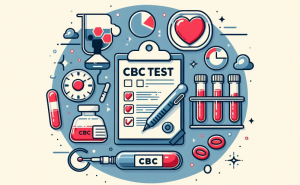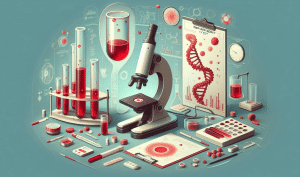What is a PCR Test?
PCR stands for Polymerase Chain Reaction. It’s a laboratory technique used to amplify (make millions or billions of copies of) a specific DNA sequence. This makes it possible to detect even tiny amounts of DNA from a sample, making it an incredibly sensitive and powerful diagnostic tool. PCR tests are widely used in various fields, including medical diagnostics, forensic science, and research.
Why Do You Need a PCR Test?
PCR tests can be used for a variety of purposes, including:
- Diagnosing infectious diseases: PCR can detect the genetic material (DNA or RNA) of viruses, bacteria, or other pathogens, even when present in small amounts. This makes it possible to identify infections early, even before symptoms appear.
- Identifying genetic mutations: PCR can be used to identify changes in DNA sequences that may be associated with inherited diseases or an increased risk of certain conditions.
- Forensic analysis: PCR can be used to analyze DNA from crime scenes, helping to identify suspects or victims.
- Research: PCR is a fundamental tool in many areas of biological research, used for tasks like studying gene expression, identifying new species, and tracking the spread of diseases.
What Does a PCR Test Measure?
A PCR test measures the presence or absence of a specific DNA or RNA sequence in a sample. This can be used to:
- Detect the presence of a pathogen: By targeting specific DNA or RNA sequences unique to a particular pathogen, PCR can confirm whether an individual is infected with that pathogen.
- Identify genetic mutations: PCR can be used to amplify specific regions of DNA where mutations are known to occur, making it possible to identify those mutations in a sample.
- Quantify the amount of DNA or RNA present: Some PCR techniques can also measure the amount of target DNA or RNA in a sample, providing quantitative information about the infection or genetic condition.
Preparing for the Test
The preparation for a PCR test depends on the type of sample being collected:
- Blood sample: No special preparation is usually needed.
- Saliva sample: Avoid eating, drinking, smoking, or chewing gum for at least 30 minutes before the test.
- Nasal or throat swab: No special preparation is usually needed.
Your healthcare provider will provide you with specific instructions if any preparation is required.
Understanding the Results
PCR test results are typically reported as:
- Positive: The target DNA or RNA sequence was detected in the sample, indicating the presence of the pathogen or genetic mutation.
- Negative: The target DNA or RNA sequence was not detected in the sample.
- Inconclusive: The test was unable to provide a clear result, and further testing might be needed.
Your healthcare provider will interpret the results and discuss them with you in the context of your symptoms and medical history.
Risk Factors and Prevention
The risk factors associated with a PCR test are minimal. The procedure itself is generally safe and well-tolerated. However, there’s a small risk of:
- False-positive results: Occasionally, the test might detect the target DNA or RNA sequence even when it’s not present, leading to a false-positive result.
- False-negative results: In some cases, the test might fail to detect the target DNA or RNA sequence even when it’s present, leading to a false-negative result.
The risk of these errors is generally low, and labs take measures to ensure accuracy.
Prevention measures might apply if the PCR test is being used to diagnose an infectious disease. These measures will depend on the specific pathogen being tested for and might include:
- Vaccination: Vaccines can help prevent many infectious diseases.
- Good hygiene practices: Washing hands frequently, covering coughs and sneezes, and avoiding close contact with sick individuals can help reduce the spread of infections.
1. www.nutritionfact.inwww.nutritionfact.in
- Safe sex practices: Condoms can help prevent the transmission of sexually transmitted infections.
Remember, a PCR test is a valuable tool for diagnosing and managing a wide range of health conditions. If you have questions or concerns about a PCR test, consult with your healthcare provider.

 7351982473
7351982473